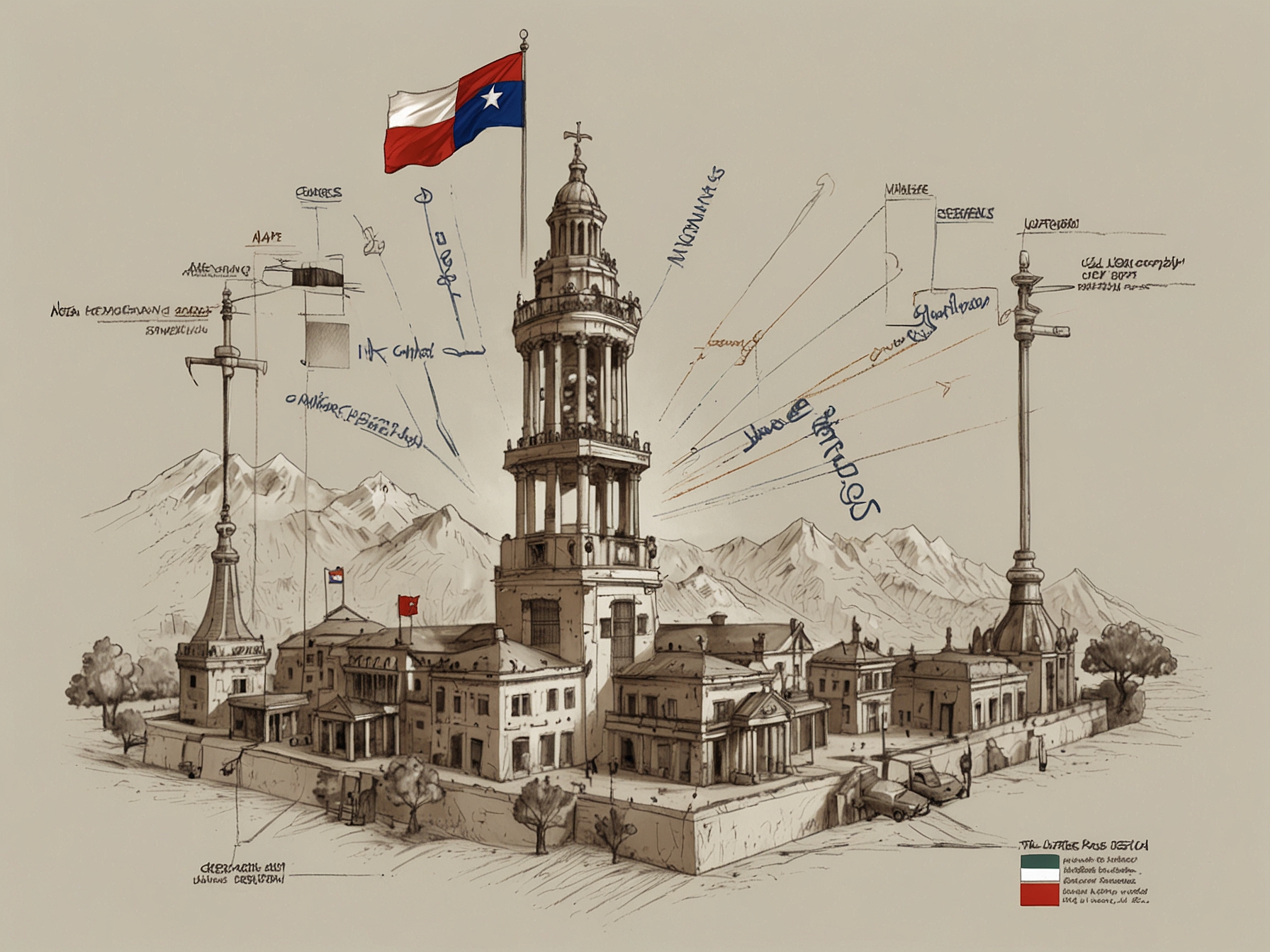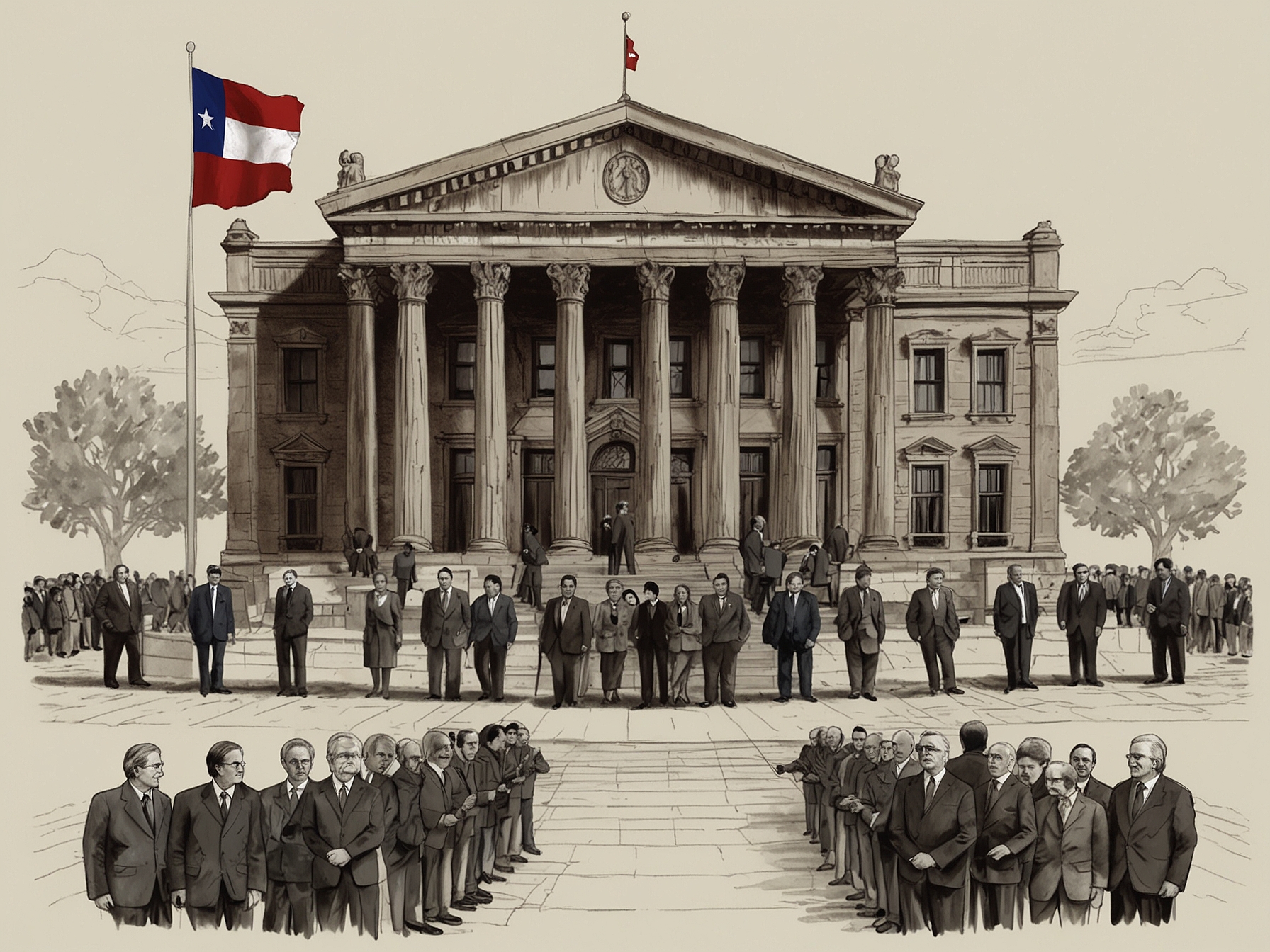Understanding the Role of a Regional Governor
What makes a regional governor so important in Chile? This weekend, voters across the nation will head to the polls, tasked with selecting the next leaders for 11 regions. This election marks a pivotal moment. In many ways, a regional governor defines how a region functions. People often underestimate the nuances of this role.
The introduction of regional governors in 2021 transformed local governance. Gone is the traditional intendente. Instead, we have a figure elected directly by the people, meant to support local needs. This model aims to empower regional voices in decision-making.

The governor presides over the regional council, essentially acting as a bridge. They connect local governments with national strategies. As they engage with the community, the governor’s leadership impacts various sectors, from education to infrastructure.
Key Functions of a Regional Governor
What does a regional governor actually do? Their responsibilities are extensive and multi-faceted. They formulate regional development policies in line with local needs. This involves close collaboration with councils to ensure alignment.
Governors present various strategies and projects to the council, setting the direction for development. Budget proposals are also a significant part of their role, ensuring that funds are allocated wisely. Each decision they make reflects the needs and aspirations of the people they represent.

Additionally, these leaders hold a judicial role. They can celebrate contracts and acts on behalf of the region. It’s fascinating to see how much weight rests on their shoulders. Their impact resonates in the everyday lives of citizens.
What Do They Earn? A Look at Salaries
So, how much do Chilean regional governors earn? The salary can vary greatly from region to region. Generally speaking, their earnings hover around 8 million pesos. However, this can fluctuate based on location and specific responsibilities.
For instance, Claudio Orrego of the GORE Metropolitano earned approximately $8.5 million in gross monthly pay. Adding in bonuses, his earnings reach over $9.6 million monthly. In contrast, governors like Jorge Files in Magallanes receive a slightly higher base, plus extra allowances.

When considering these numbers, one must reflect—are these salaries indicative of the challenges they face? The complexities of leadership in a diverse nation cannot be overlooked.
The New Role of the Presidential Delegate
With the abolition of the intendente, a new figure has emerged: the presidential delegate. This person is appointed by the President and plays a crucial role in regional governance. They ensure that national policies are effectively implemented at the regional level.
In many ways, the delegate complements the governor. While the governor is elected, the delegate serves as the President’s eyes and ears on the ground. This dynamic creates a unique interplay of power and responsibility.
It also raises questions about representation and accountability. If a citizen has concerns, who should they approach? The elected governor or the appointed delegate? The lines can sometimes feel blurred, creating challenges in communication.
Conclusion: Why This Matters to Citizens
As Chile prepares for its second gubernatorial election, the stakes are high. Citizens must consider the implications of their choices. The governor’s role is not just administrative; it shapes the future.
Voter turnout will ultimately define who leads these vital regions. Engaging in the process is crucial for empowering communities. After all, governance is about people, and every vote matters.




